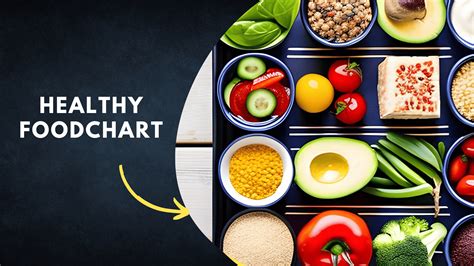What natural ways optimize testosterone for male vitality and peak performance?

Testosterone, often hailed as the cornerstone of male health, plays a pivotal role far beyond just muscle mass and libido. Optimal levels are crucial for energy, mood stability, cognitive function, bone density, and overall vitality, contributing significantly to peak physical and mental performance. While synthetic interventions exist, many men are seeking natural, sustainable ways to optimize their testosterone levels. This article explores science-backed lifestyle and dietary strategies that can help men naturally boost their testosterone and unlock their full potential.

Dietary Powerhouses for Testosterone Production
What you eat directly impacts your hormonal balance. A diet rich in specific nutrients can be a game-changer for testosterone optimization.
- Healthy Fats: Don’t fear fats! Monounsaturated fats (avocados, olive oil, nuts) and polyunsaturated fats (omega-3s from fatty fish like salmon, flaxseeds) are essential for hormone production. Saturated fats in moderation from quality sources can also be beneficial.
- Micronutrient Superstars: Zinc is vital for testosterone synthesis (oysters, beef, pumpkin seeds). Vitamin D is actually a hormone precursor, and its deficiency is widespread (sun exposure, fatty fish, fortified foods). Magnesium supports enzyme activity involved in testosterone production (leafy greens, nuts, seeds).
- Cruciferous Vegetables: Broccoli, cauliflower, and kale contain indole-3-carbinol, which helps the body metabolize estrogen, preventing its excess from competing with testosterone.
- Avoid Processed Foods and Excessive Sugar: These can lead to inflammation, insulin resistance, and weight gain, all of which negatively impact testosterone levels.

Exercise: The Testosterone Catalyst
Physical activity is a powerful natural booster for testosterone. But not all exercise is created equal when it comes to hormonal impact.
- Strength Training: Compound exercises like squats, deadlifts, bench presses, and rows, which engage multiple muscle groups, are incredibly effective. Aim for moderate to heavy weights with fewer repetitions to maximize the hormonal response.
- High-Intensity Interval Training (HIIT): Short bursts of intense exercise followed by brief recovery periods have been shown to significantly elevate testosterone levels and improve overall fitness.
- Avoid Chronic Endurance Training: While beneficial for cardiovascular health, excessive long-duration endurance training (like marathon running) without adequate recovery can sometimes lead to an increase in cortisol, potentially suppressing testosterone.

The Crucial Role of Quality Sleep
Sleep is often overlooked but is arguably one of the most critical factors for testosterone production. Most of your daily testosterone is released during sleep.
- Aim for 7-9 Hours: Studies show that sleeping less than 7-8 hours per night can significantly decrease testosterone levels, sometimes by as much as 10-15% in just one week.
- Prioritize Deep Sleep: Ensure your sleep environment is dark, cool, and quiet. Establish a consistent sleep schedule, even on weekends, and avoid screens before bed.

Managing Stress for Hormonal Harmony
Chronic stress is a testosterone killer. When you’re stressed, your body produces cortisol, a hormone that directly competes with testosterone and can suppress its production.
- Mindfulness and Meditation: Regular practice can significantly reduce cortisol levels.
- Yoga and Deep Breathing: These techniques promote relaxation and can lower stress hormones.
- Time in Nature: Spending time outdoors, often called “forest bathing,” has proven benefits for stress reduction.
- Hobbies and Social Connection: Engaging in enjoyable activities and maintaining strong social ties can also mitigate stress.

Lifestyle Adjustments for Sustained Vitality
Beyond diet, exercise, and sleep, several other lifestyle factors contribute to optimal testosterone levels.
- Maintain a Healthy Weight: Obesity, particularly abdominal fat, increases an enzyme called aromatase, which converts testosterone into estrogen. Losing excess weight is one of the most effective ways to boost testosterone.
- Limit Alcohol and Tobacco: Excessive alcohol consumption and smoking have been linked to lower testosterone levels.
- Sun Exposure: Adequate sun exposure helps your body produce Vitamin D, which, as mentioned, is crucial for testosterone.
- Minimize Endocrine Disruptors: Be mindful of plastics (BPA, phthalates) and certain chemicals in personal care products and pesticides, which can interfere with hormone function.
Conclusion: A Holistic Path to Peak Performance
Optimizing testosterone naturally is not about a single magic bullet, but rather a holistic approach that integrates a balanced diet, consistent strength training and HIIT, sufficient quality sleep, effective stress management, and mindful lifestyle choices. By consistently implementing these natural strategies, men can significantly enhance their testosterone levels, leading to increased vitality, improved energy, better mood, enhanced physical performance, and overall a more robust and fulfilling life. Consult with a healthcare professional before making significant changes to your diet or exercise routine, especially if you have underlying health conditions.









